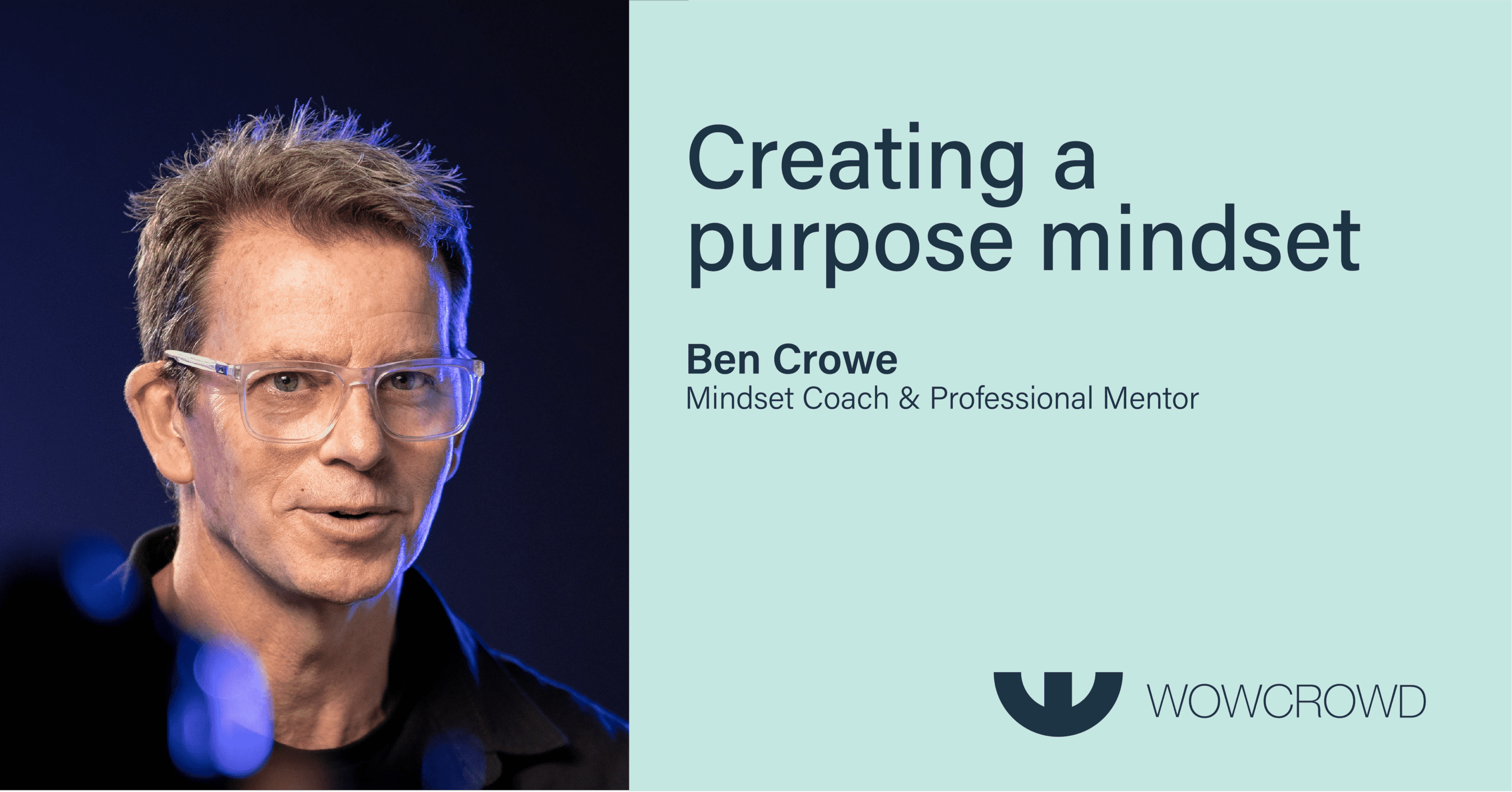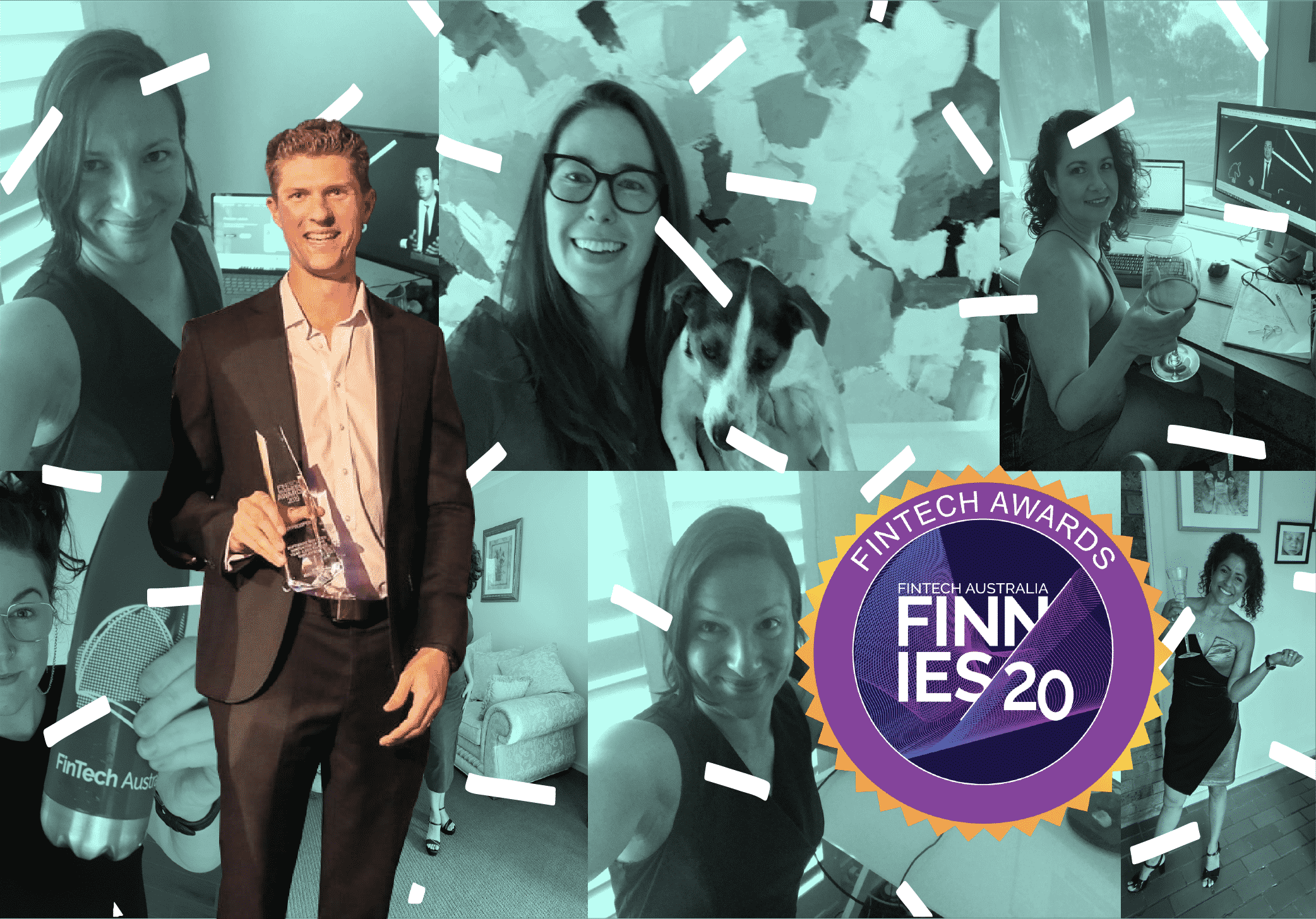WoWcrowd episode one – Creating a purpose mindset

After an incredible turn out for our premiere webcast, Creating a purpose mindset, excitement levels have gone up a couple of extra notches planning for the next episode.
For now, let us recap the episode that aired on Thursday 5 November at 12 pm that was led by Ben Crowe, professional mentor and mindset coach to reigning AFL champions, Richmond Football team, and world tennis number one, Ash Barty. He shared some compelling insights into the human pysche around purpose, connection and vulnerability; those feelings that form your mindset. And the power of a purpose mindset.
“You might be an accountant, you might work in tax, you might be a financial planner, and that’s what you do but it’s not why you do it. That doesn’t define the depth of you.”
Crowe also talks about how humans are hard wired for connection, and his guess for the next revolution (which has historically been based on the human needs at the time) will be an “emotional health” revolution. Our need for connection translates into being part of a community with people around you to help and get help from. It helps to create intrinsic motivations that generally make for happier and more confident individuals, a clearer path to your ‘Why’.
Host, Chris Ridd – Former MD of Xero, and Director of myprosperity got the panelists, Eli Glotzer – Head of Accounting and Financial Services at Macquarie’s Banking and Financial Services Group, Bruce McFarlane – CEO of BlueRock and Stephen Jackel – CEO of myprosperity to comment on the importance of a whole of wealth community, and the need for a purpose mindset for firms. As an example, BlueRock has been one of the firms that have really succeeded during these challenging times because of their philosophies around community and empathy for their clients. Eli and Stephen also discussed the practices and technologies that are being adopted to help firms stand out from the crowd.
If you missed the episode, you can catch up on it here.
Join the WoWcrowd now and you’ll always be the first to watch future released episodes; discover the brilliant line up and theme for upcoming episodes; gain access to previous episodes and special insights reports; and be part of the Whole of Wealth conversation.





Recent Comments